Over the last few days, I’ve been thinking about some disparate stories: the 9/11 terrorist attacks and the write-ups on WriteAPrisoner.com. Although seemingly unconnected, in my mind these chronicles intersect, touching at a small point of moral grayness versus the usual black and white lens through which they’re viewed.
The circumstances of both are heartbreaking, complex, and terribly human. They revolve around tradition, grief, ignorance, anger — people caught in worlds they couldn’t fix or mired in patterns they couldn’t escape.
This is not an attempt to claim there are “fine people on both sides” in such horrific instances as terrorism or rape. Right is still right, and wrong is still wrong. But I just can’t force myself to believe that some actions are unforgivable, or that there is ever a person who cannot be rehabilitated or saved. Not only do such philosophies completely contradict my religious traditions, I believe they contradict the very nature of humanity itself.
But before delving into my ideas regarding restoration and forgiveness, here’s a brief history.
On Sept. 11, 2001, nineteen men engaged in a terrorist attack that killed almost 3,000 people. As he steered American Airlines Flight 11 towards New York City, Mohammed Attah calmly told the passengers on board that “everything will be okay…Just stay quiet.” He then decisively flew their plane into the Twin Towers, killing everyone on board in a fiery crash.
This semester I founded the BU Prison Outreach Initiative to advocate for prison reform and serve incarcerated folks. I was naively excited to find an incarcerated pen-pal online. And then: child molestation, serial murders, rape — I saw crimes of the most unforgivable nature plainly written on my screen, committed by smiling men who looked like anyone you could potentially see walking down Commonwealth Avenue.
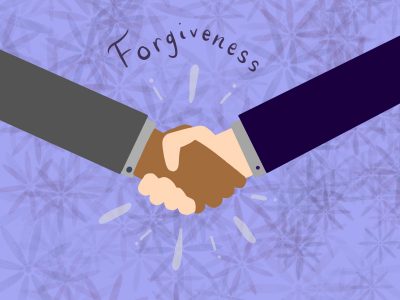
Stories like these are enough to make a person curl up into a ball and scream about the sheer suffering that human beings inflict upon one another. They are enough to make anyone into a law-and-order, fire-and-brimstone, unforgiving moral hawk.
But in order to be not only a Christian, not only an abolitionist, but a human, we cannot fall into that trap.
Mohammed Attah and the eighteen young hijackers in his charge were people. They were haunted and twisted by the suffering that the United States inflicted upon their homeland and their families. They were scarred and brainwashed into believing that their evildoings would honor God and save their loved ones from the constant wrath of Western powers.
The prisoners I saw on WriteAPrisoner.com are people. They are more-likely-than-not poor, uneducated, mentally ill people pipelined into cycles of violence and sorrow. In their pleas for pen pals, almost every single prisoner I saw wrote that they just wanted a second chance, to talk to someone, to be seen as more than their worst choices.
A startling amount of progressives advocate for prison abolition, and then hesitate to condemn the death penalty. A — perhaps not startling — amount of conservatives profess their support for freedom and liberty, and then sit idly by as countless people are held without trial or charge in Guantanamo Bay.
The sometimes unbearable thing about forgiveness and abolition is seeing yourself in a criminal instead of a victim. It’s looking into the eyes of a a terrorist or a murderer, and refusing to look away. As hard as it is to reconcile with myself, there are truly few things that make me different from the aforementioned people besides factors entirely outside of my control, like my place of birth or my parents’ income.
Children without fathers are far more likely to end up in prison. Where are their fathers, you might ask? Often in prison.
The War on Terror was, allegedly, meant to end terrorism. The result? Objectively more extremism, prompted by American atrocities committed post-9/11.
Cycles do not stop on their own, and they especially don’t stop when we feed into them. Peace, understanding, abolition — to many, they seem like wishy-washy, milquetoast sentiments, espoused by stoned hippies or ignorant Christians. But the militant incarceration and violence we have insisted on utilizing in the past clearly do not work. Sky-high recidivism rates and war victim tolls, both without any kind of victory or end in sight, can attest to that.
To create a world in which horrors like these no longer exist, we must be proactive, not reactive. We must end poverty and war, not lock people in cages or spit on their graves. We must uneasily exist within grayness, forgive even when everything within us wants to punish and listen to people we have every reason to hate.
True, meaningful abolition and restoration are as much spiritual processes as physical — meaning we must free the soul as much, or more, than the body.


















































































































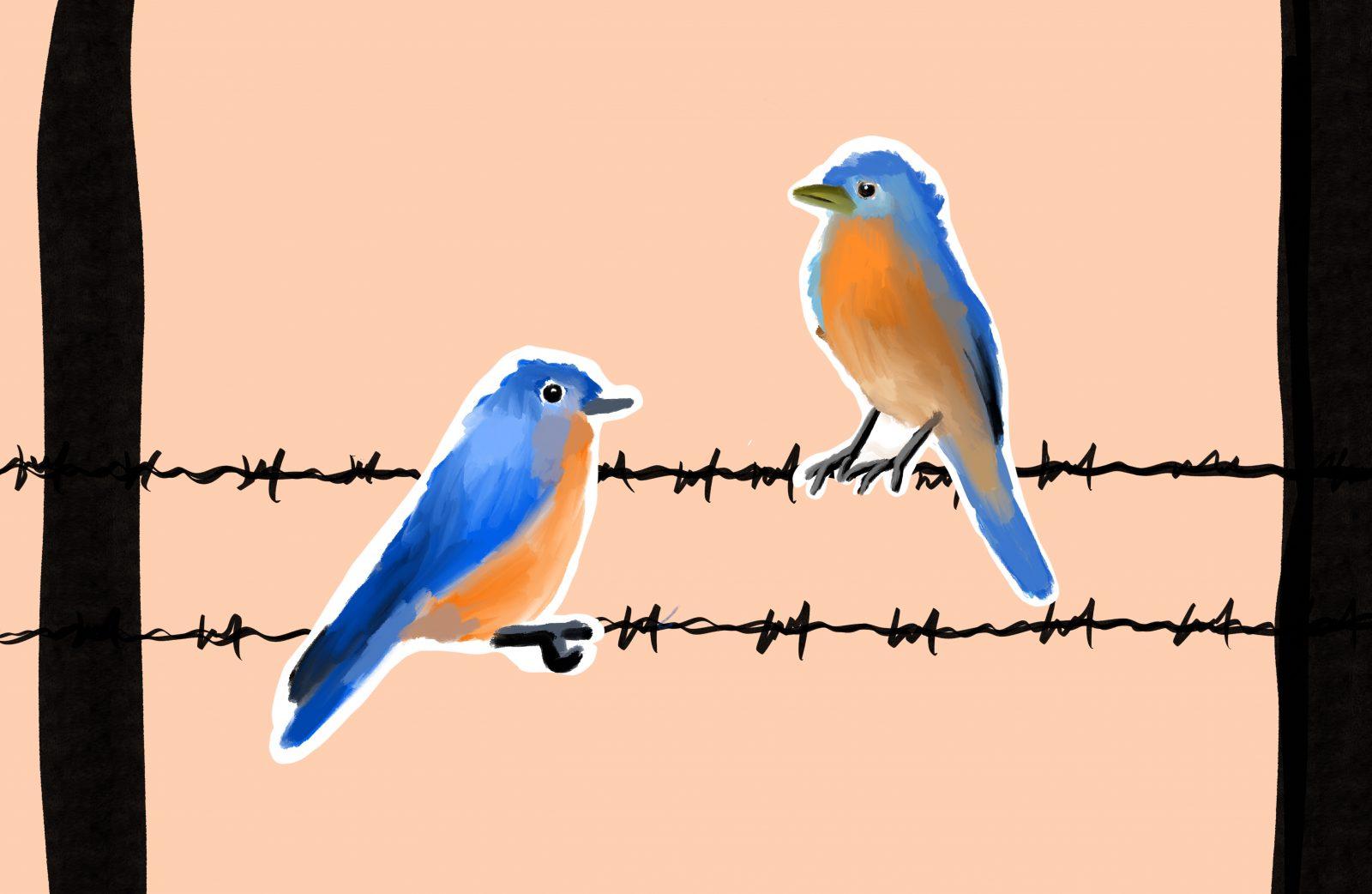
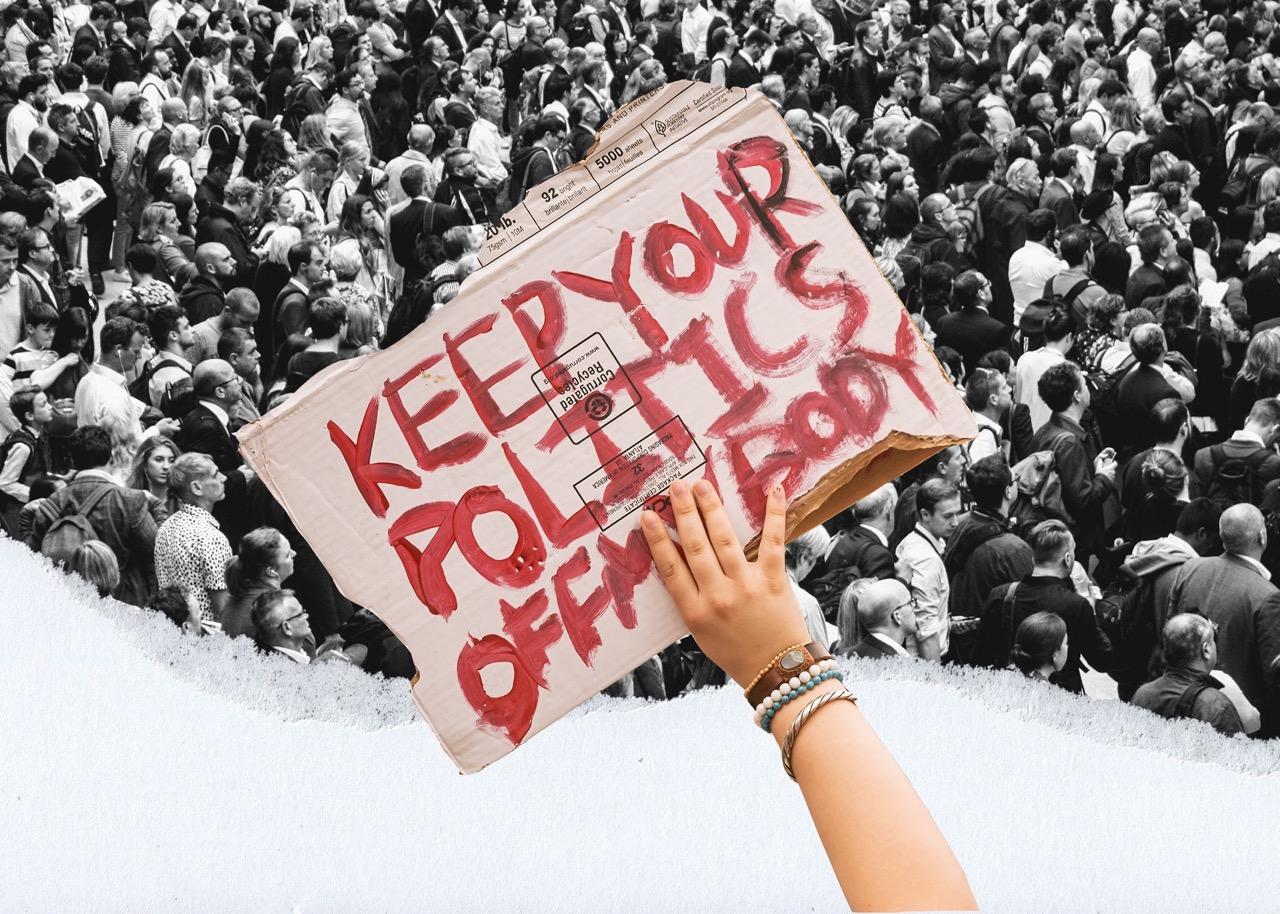
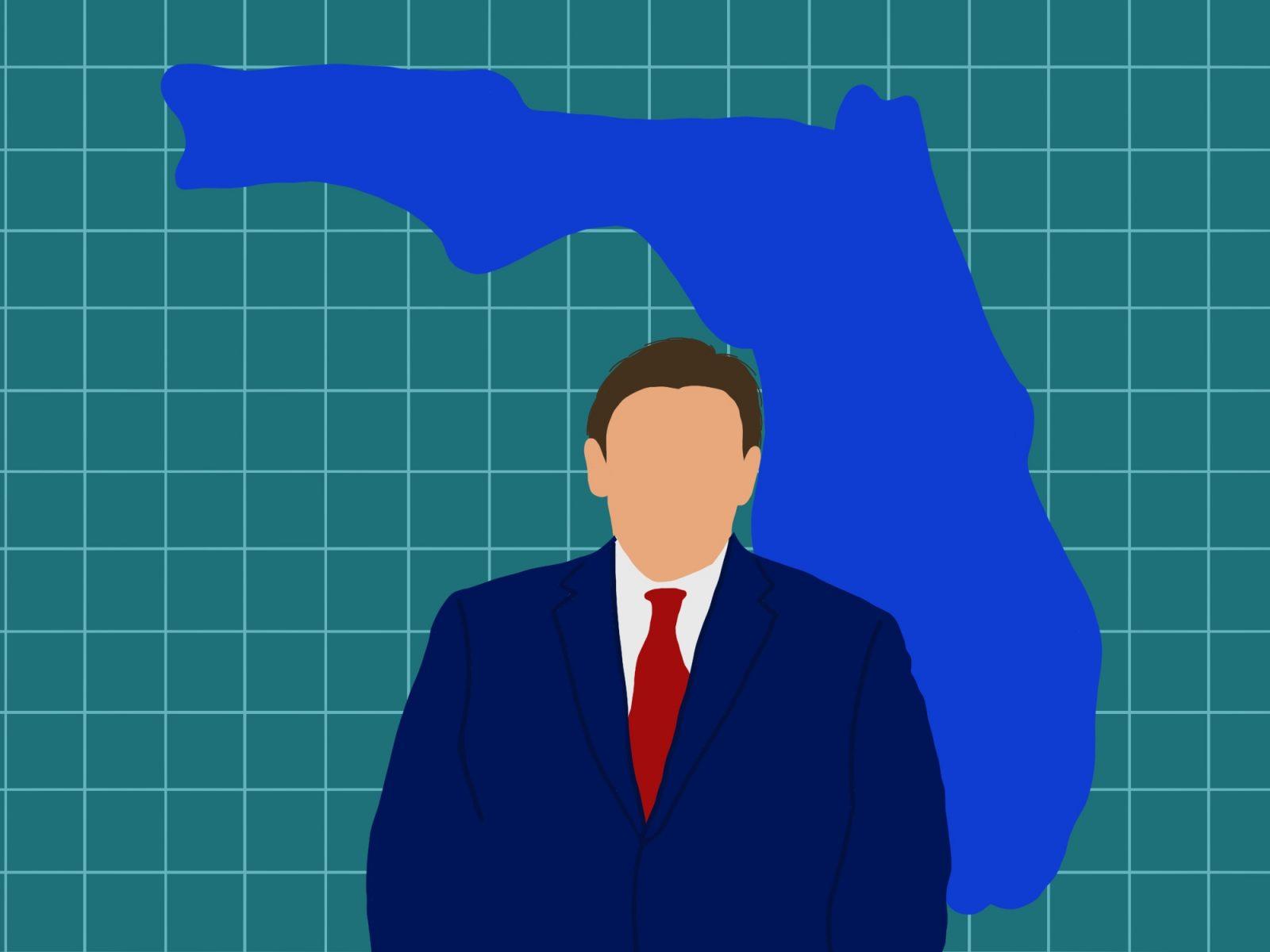
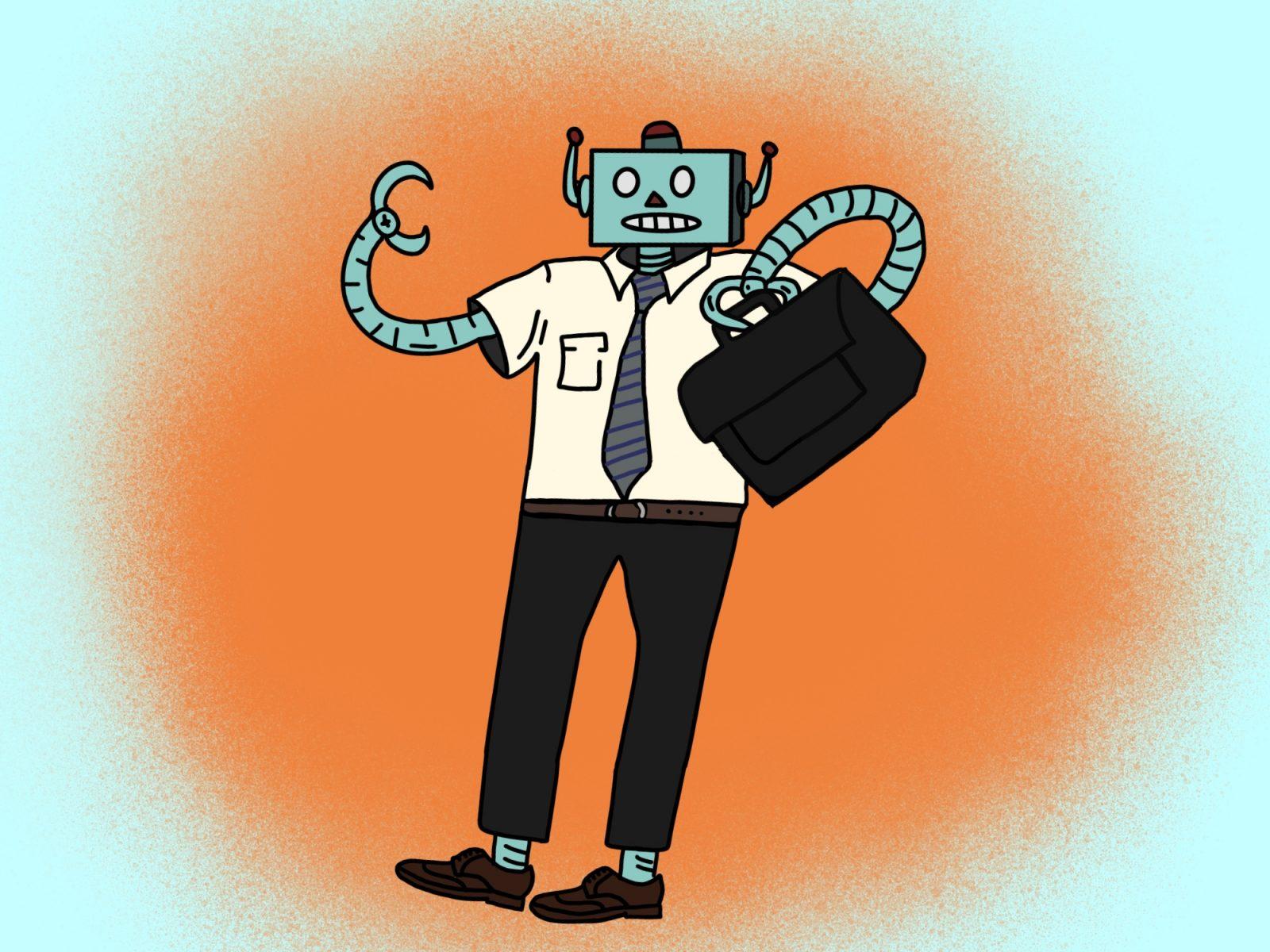
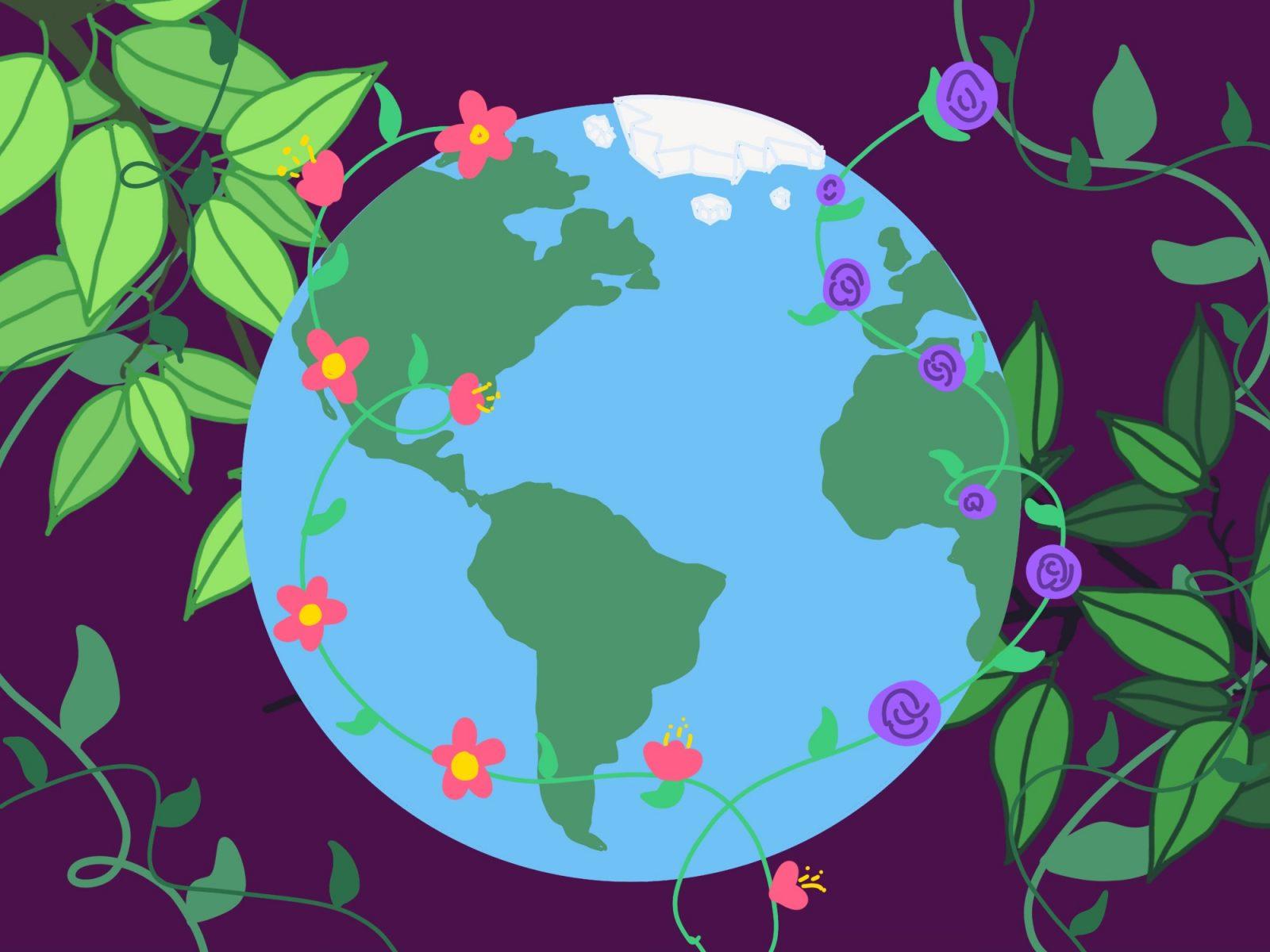



Liz • Sep 20, 2022 at 4:45 pm
” And then: child molestation, serial murders, rape” those who commit such crimes are not “people”. Neither were the 9/11 terrorists. I don’t understand how they are seen as equal to someone who has not raped or murdered. You surrender your humanity the moment you try to take away someone else’s.